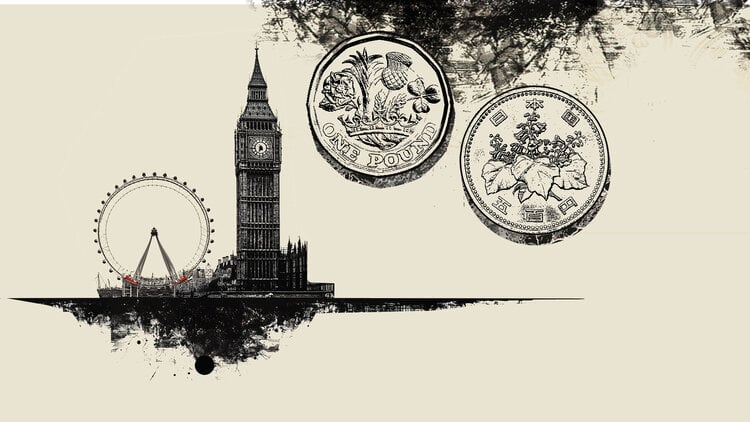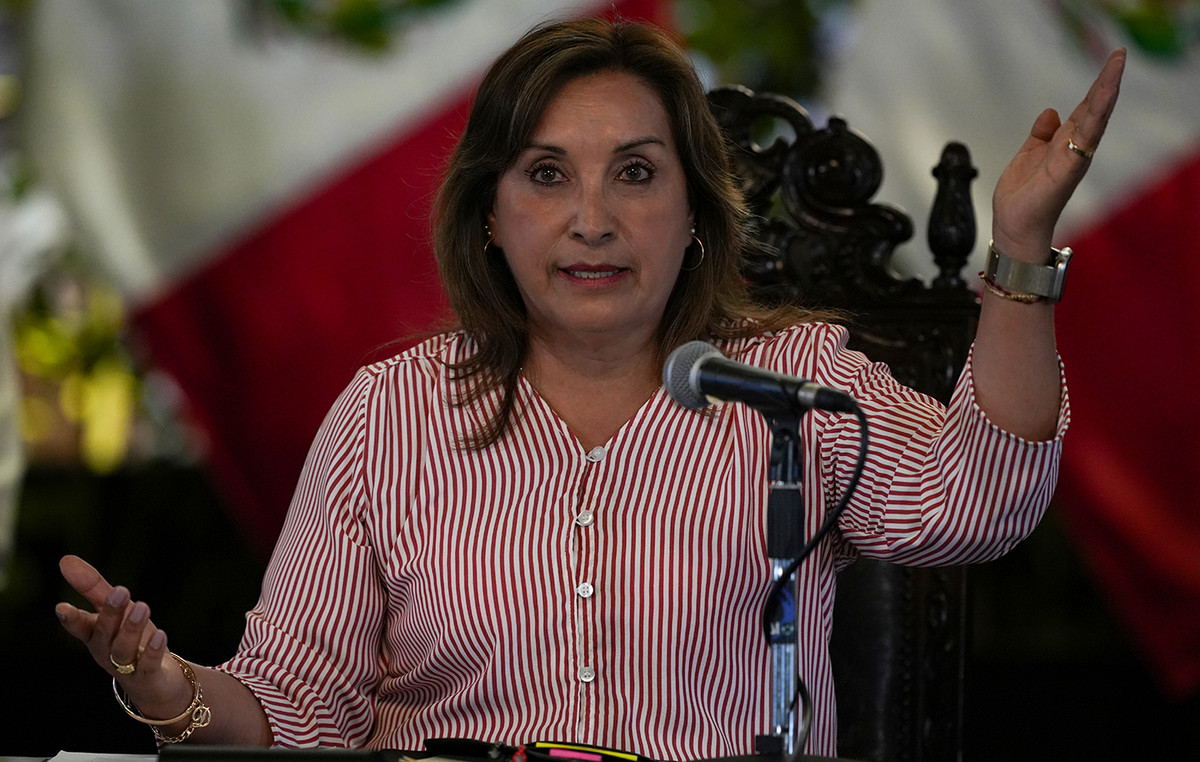Turkey’s inflation accelerated to a near 20-year high in January, driven by rising energy prices and pressure from President Recep Tayyip Erdogan on lower borrowing costs.
Turkey’s annual inflation rate rose further in January, reaching its highest level since April 2002, the Turkish statistical office Turkstat said on Thursday. The consumer price index increased by 48.69% in January compared to the corresponding period of 2021, according to Marketwatch. The increase was the eighth in a row in corresponding months.
Transportation increased the most on an annual basis, followed by the categories of food and non-alcoholic beverages and furniture and household equipment, according to Turkstat.
Consumer prices rose 11.10% on a monthly basis in January, according to the data.
A Bloomberg survey of 19 economists predicted that inflation would reach this point. This is an increase from 36.1% in December, according to official figures.
January is traditionally a month of high inflation in Turkey, as cold weather adds pressure to food prices and the government adjusts some taxes to line inflation rates recorded last year. This time, higher energy prices and the cost of utility services added weight.
The price of Brent crude oil, a benchmark for Turkey’s corporate energy bills, hit a seven-year high in January, prompting analysts to raise their producer price estimates to near three-digit levels on an annual basis.
Utilities have also begun to pass on higher energy costs to consumers, with the government revealing historic increases in the price of household electricity. Annual retail inflation in Istanbul, Turkey’s largest city and commercial capital, reached 50.91% in January, jumping 34.18% from a month earlier.
The Central Bank of Turkey (TCMB) has cut its benchmark interest rate by 500 basis points since September in a series of moves by Erdogan, who has blamed rising borrowing costs as a challenge for businesses and a brake on economic growth.
The cuts pushed the official interest rate to negative 22% when it adjusted for annual inflation, the lowest real performance in emerging markets, and led the pound to a recession that accelerated consumer price increases.
Global pressures, including a sharp rise in the price of gas and other commodities, exacerbated price increases in January and have also significantly dampened the medium-term outlook for inflation.
Turkey’s trade gap has been widening for the past 10 years as the energy bill swells
The TCMB kept interest rates stable in January, but Erdogan, who supports the unorthodox view that higher interest rates fuel inflation, signaled last week that he had no intention of abandoning his overall policy.
Central Bank Governor Sahap Kavtzioglu said support for the local currency would be a key goal this year, but revealed little about tightening monetary policy. The central bank hopes to curb rising prices by taking steps to encourage de-dollarization.
According to Hürriyet, TCMB will publish current account data for both December and the full year 2021 on 11 February. Kavtzioglou will chair the next meeting to set interest rates on February 17th.
Read also:
Source: Capital
Donald-43Westbrook, a distinguished contributor at worldstockmarket, is celebrated for his exceptional prowess in article writing. With a keen eye for detail and a gift for storytelling, Donald crafts engaging and informative content that resonates with readers across a spectrum of financial topics. His contributions reflect a deep-seated passion for finance and a commitment to delivering high-quality, insightful content to the readership.







